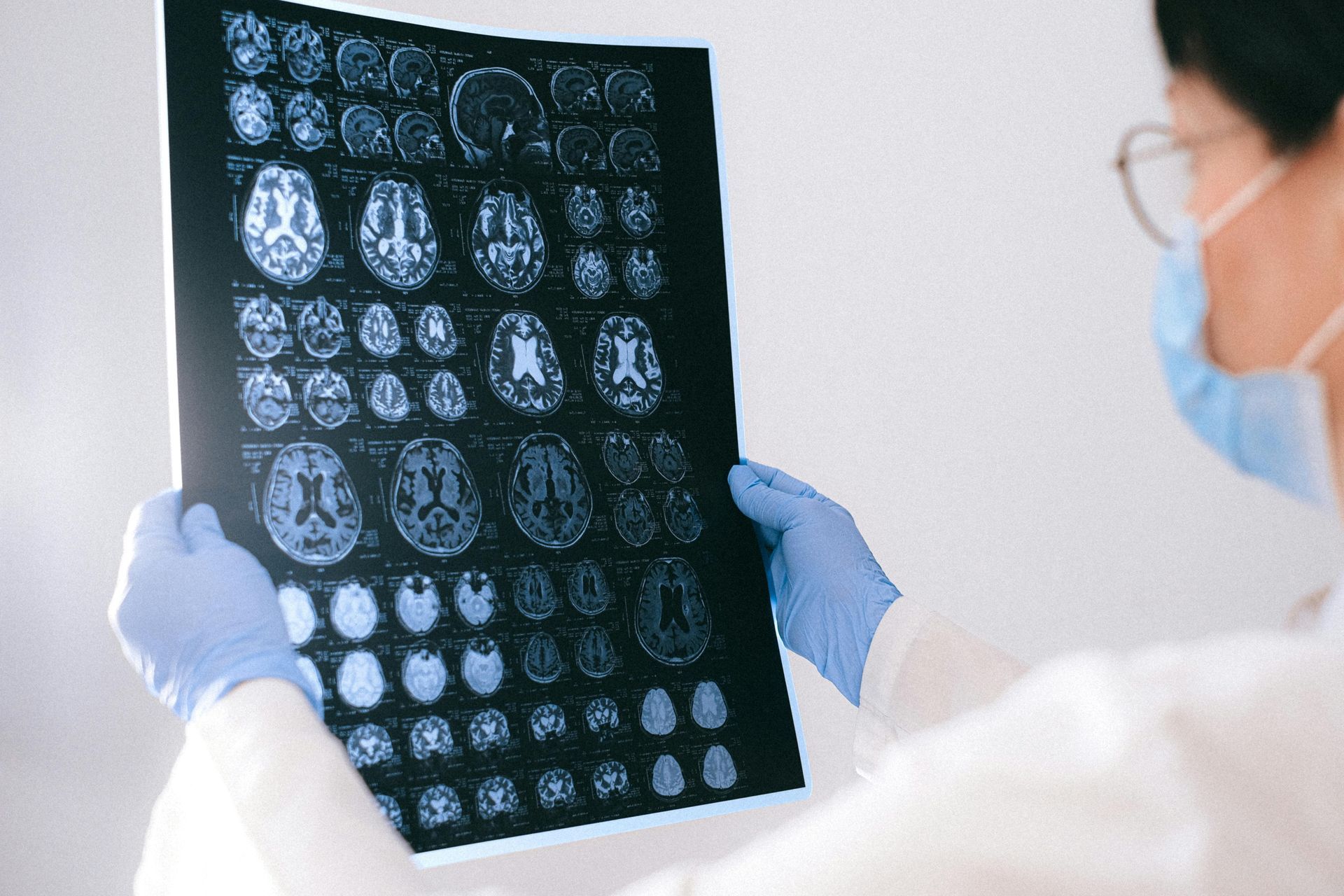Neurology Doctor in New Jersey, Pennsylvania, or Delaware
Neurology doctors are highly trained medical professionals who specialize in evaluating, diagnosing, and treating conditions affecting the brain, spinal cord, and nervous system. With their extensive expertise in neurological disorders, they are uniquely equipped to manage complex symptoms that impact movement, balance, sensation, and overall quality of life.
Neurology specialists frequently treat symptoms such as dizziness, which can stem from vestibular disorders, migraines, or nervous system conditions. They also address gait dysfunction, which involves difficulties with walking or coordination caused by issues such as stroke, Parkinson’s disease, or neuropathy. Additionally, they manage tremors, which are involuntary muscle movements often associated with essential tremor, Parkinson’s disease, or other neurological conditions. Through advanced diagnostic testing and tailored treatment plans, neurology doctors work to identify the root cause of these symptoms and improve daily function.
By seeking the care of a neurology doctor, patients gain access to comprehensive, personalized care aimed at restoring mobility, balance, and independence. These specialists are dedicated to providing compassionate support, education, and innovative therapies that empower individuals to manage their neurological conditions and enhance their overall well-being.

What services does a neurology specialist provide?
-
Dizziness
Dizziness is a common neurological symptom that may manifest as lightheadedness, a spinning sensation (vertigo), or difficulty maintaining balance. It can be caused by a wide range of conditions, including inner ear disorders, migraines, vestibular dysfunction, or neurological issues such as stroke or nerve damage. Neurology doctors perform comprehensive evaluations that may include physical examinations, balance testing, and imaging studies to determine the exact cause. Treatment plans are personalized and may involve medication, vestibular rehabilitation, or other therapies designed to restore balance, reduce symptoms, and prevent falls or complications.
-
Gait Dysfunction
Gait dysfunction refers to abnormal walking patterns or difficulties with coordination and balance, which can significantly impact mobility and independence. This condition often arises from neurological disorders such as Parkinson’s disease, stroke, multiple sclerosis, or peripheral neuropathy. Neurology doctors use specialized assessments, including gait analysis and neurological exams, to identify the underlying cause and develop targeted treatment plans. These plans may include medication, physical therapy, assistive devices, or other interventions designed to improve walking ability, enhance stability, and reduce the risk of injury.
-
Tremors
Tremors are involuntary, rhythmic muscle movements that may affect the hands, arms, head, voice, or other parts of the body. While tremors can occur naturally, they are often associated with neurological conditions such as essential tremor, Parkinson’s disease, or other movement disorders. Neurology doctors evaluate the type and severity of tremors using advanced diagnostic techniques to determine the best course of treatment. Options may include medications, physical or occupational therapy, and in severe cases, advanced treatments like deep brain stimulation to help manage symptoms and improve quality of life.
